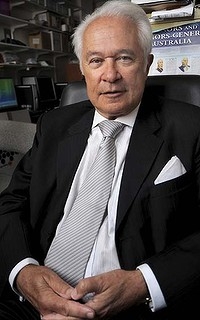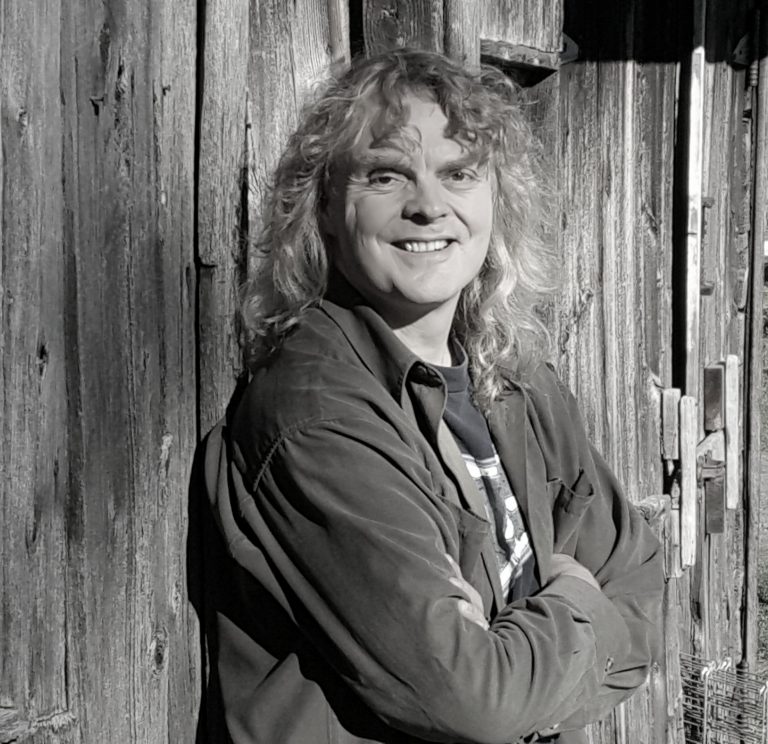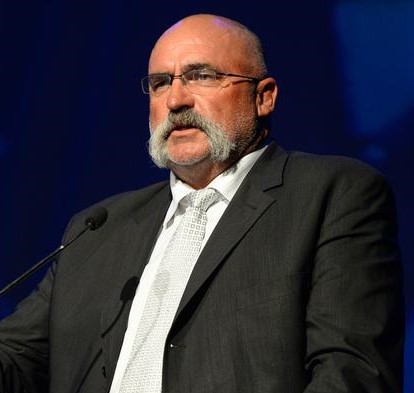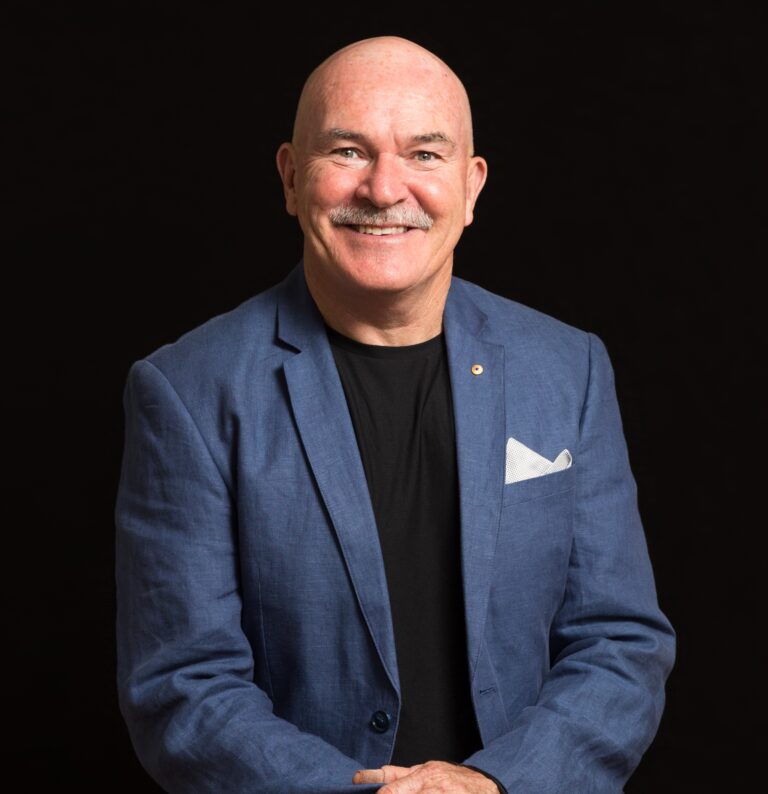Professor David Flint AM

Former Chairman of the ABA
Former Chairman of the Australian Broadcasting Authority, Professor David Flint has published numerous journals, articles and books on a range of subjects including international economic law, education, the English language, media law and ethics, freedom of speech, human rights and constitutional law and change.
Professor Flint was Chairman of the Australian Broadcasting Authority from 1997 to 2004, Chairman of the Australian Press Council from 1987 to 1997, and Associate Commissioner for the Australian Competition and Consumer Commission from 1998 to 2004.
He is currently Chairman of the Executive Council of World Association of Press Councils (1992- ); National Convenor, Australians for Constitutional Monarchy (1999- ); President, English Speaking Union NSW Branch (2001- ); Emeritus Professor, University of Technology Sydney (1999); Visiting Professor, Faculty of Law, UWS Macarthur 1998- ); National President (Australia), World Jurists Association (1995- ); Vice-President, International Law Association (Australian Branch) (1997- ); Consulting Editor, Australian International Law Journal (1994- ); Solicitor of the Supreme Court, NSW, (1962- ), England and Wales (1966- ).
His previous appointments include: Convenor, Committee of Australian Law Deans (1989-1993); Dean of Law, University of Technology, Sydney (1987-1996); Director of Studies, International Law Association (Australia & New Zealand branch) (1991-1997); Editor, Australian International Law News (1983-1994); Vice-Chairman Alliance Francaise de Sydney (1983-1984); Member, International Legal Services Council (1990-1996) and Chairman, Prayer Book Society NSW Branch (1998 – 2004).
From 1987-1997, he was the Dean of Law at the University of Technology Sydney. He was also part of the committee to introduce the LLB programme (1976); administered the Faculty of Business and School of Marketing (1978); and was a Member of Council, Member Committee of Review from 1984 to 1986.
During his time as Dean of Law the following programs and initiatives were introduced: Twelve months teaching through Summer and Winter programmes for non-lawyers; the first Australian professional doctorate, the SJD; the first Australian university programmes in Alternative Dispute Resolution; the first Australian offshore units in foreign law schools within law programmes; the incorporation of Practical Legal training into the LL.B, and the introduction of AUSTLII giving open internet access to Australian statute and case law.
A prolific writer, David has published numerous books, publications and articles including: The Twilight of The Elites (2003); Australian Republicanism, Sovereignty and The States (2004); The Cane Toad Republic (1999); and Australia, a chapter in Article XIX Report for UNESCO Press, Law and Practice -A Comparative Study of Press Freedom in European and Other Democracies (London, 1993).
In 1991, David was honoured as World Outstanding Legal Scholar by the World Jurists Association. In 1995 he was made a Member of the Order of Australia (AM).
Professor David Flint talks about:
- Australia – the success story of the twentieth century
- A horse and buggy constitution – or the envy of the world?
- Australia’s founders knew all about plebiscites – that’s why they chose the referendum
- Why English will remain the world language – to Australia’s considerable advantage
- Is the price of a free press have to be an irresponsible press?
- Are public figures entitled to privacy?
- How news is made in Australia
- Iraq-was the war justified?
- The United States – a liberator or a danger to world peace
- Who are the elites and what is their agenda?
- Does the law protect privacy and reputation?
- Freedom of the press is not just important – it is essential
- Can the USA impose democracy? Should it?
- Media freedom and responsibility – where do we draw the line?
- The six pillars on which our nation is founded
- A commonwealth without borders
- Sovereignty and international institutions
- Why the glorious revolution remains important today
- Judicial activism – is it a problem?
- Media ownership and control – a dangerous dinosaur?
- Community standards and censorship – a slippery slope?



